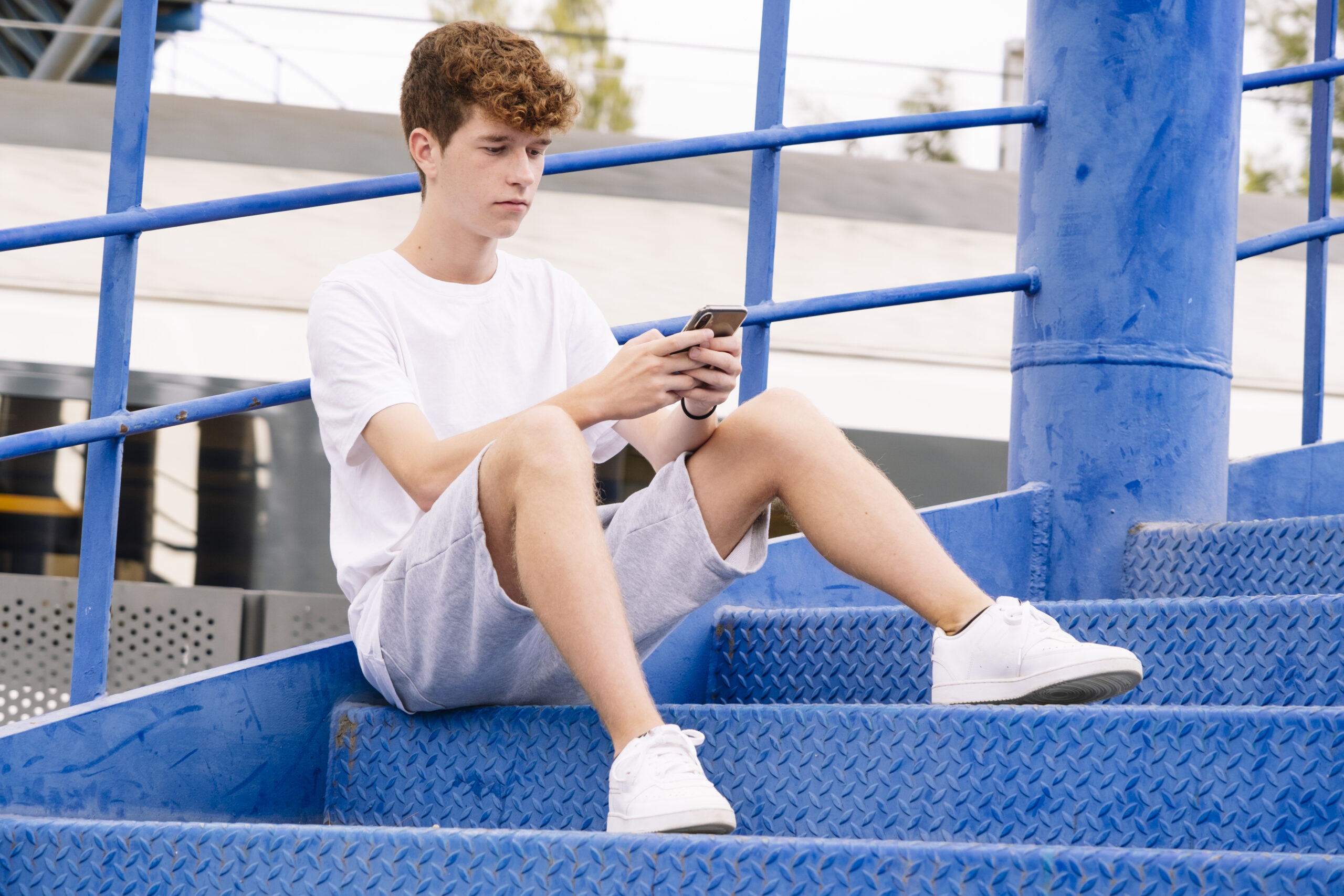Social media has become a central part of teens’ daily lives, but its impact on mental health can be profound, especially for adolescents in Philadelphia. Teens often turn to social media to connect with peers, but it can also lead to issues like anxiety, depression, and low self-esteem due to constant comparisons and pressure to curate a “perfect” life online. Understanding how social media influences mental health is essential for promoting balance and well-being in today’s digital age.
The Pressure of Perfection
Social media platforms like Instagram, TikTok, and Snapchat emphasize appearances and highlight the best moments of people’s lives, which can make teens feel inadequate when they compare their own experiences. Constant exposure to idealized images can contribute to feelings of inadequacy, low self-worth, and body image issues, which often lead to anxiety and depression. For adolescents, particularly in a bustling city like Philadelphia, where social interactions and peer approval are vital, this pressure can feel overwhelming.
Sleep Disruptions and Anxiety
Excessive screen time, particularly before bed, can disrupt sleep patterns, leading to insomnia and increased anxiety. Teens who stay up late scrolling through social media may struggle to get restful sleep, which exacerbates mood disorders like depression and anxiety. Encouraging teens to establish healthy digital habits, such as reducing screen time before bed, can significantly improve their sleep quality and mental well-being.
Cyberbullying and Negative Interactions
The anonymous nature of social media can sometimes foster negative interactions, including cyberbullying, which is a leading cause of stress and anxiety in adolescents. Philadelphia teens who are victims of cyberbullying often face feelings of isolation and distress, which can negatively impact their mental health. Providing teens with strategies to handle online negativity, such as blocking or reporting harmful users and seeking support from trusted adults, can help protect their well-being.
Strategies for Staying Balanced
To combat the negative effects of social media on mental health, it’s important for teens to adopt strategies that promote balance. Encouraging mindfulness, setting screen time limits, and engaging in offline activities are key to reducing the harmful impacts of social media. Adolescents should also be encouraged to use social media platforms to foster positive connections, rather than engaging in harmful comparison or allowing negative interactions to affect their self-esteem.
The Role of Therapy
For teens struggling to manage the mental health impacts of social media, seeking support from mental health professionals at PMHC in Philadelphia can be beneficial. Therapy can provide teens with coping skills and strategies to build self-confidence and manage online stressors. By addressing underlying issues related to anxiety or depression, therapy can help teens develop healthier relationships with social media and improve their overall mental well-being.

